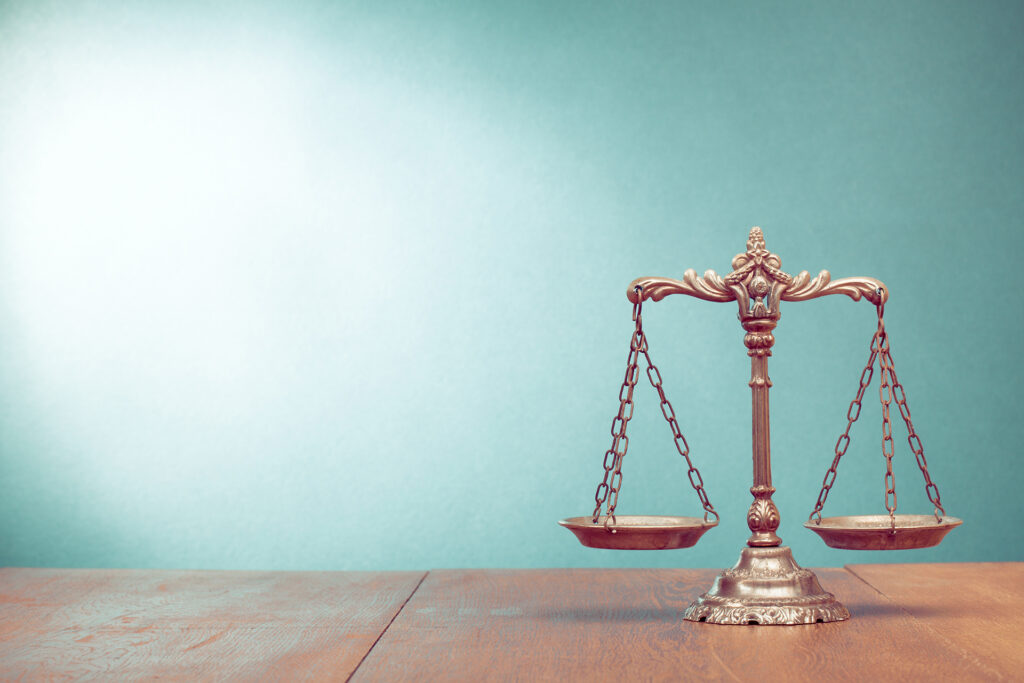Should You Weigh In Daily?

Daily and weekly weigh ins, particularly if incorporated into a weight loss program can help a dieter lose weight. In fact a study of the new weight loss medication Contrave said, it’s a huge component. In their controlled study those that got their special scale (with the pep talks and the beeping to make you do it, so no, it wasn’t just any scale) lost 7% of their weight over a year.
So it does help to do daily weights and we will discuss weighing in often, journaling, and tracking. Gynos especially like their patients to come weigh in with them.
Although daily weights were one simple step to help you lose weight, there are other ways to monitor successful body shaping and health through a weight loss regimen. to checking weight, it’s not always the amount of weight on the scales, as everyone knows. And it’s not just whether you fit into your jeans. It’s exactly how fat you are. We’ve written a lot about fat distribution, and we’ve written about getting that fat rearranged, but everyone knows as long as they don’t look fat, they are fine, right? Of course wrong. So When you go to the doctor’s office are they measuring the right things? How about waist to hip ratios? That will at least tell you whether you are a pear or an apple. But how about the old fashioned calipers to grab your flabby parts. The American Bariatric Society endorses some criteria for obesity, that we are used to and a physician
Daily weights help you figure out trends, but you do not need to do daily BMIs. BMIs can be misleading to many people. Dr. Eric Braverman, who is associated with Weill Cornell neurological surgery department, but also seems to support some non-substantiated alternative therapies on his website, has reported that a study by his PATH Research of New York’s recent study showed that at least 5% of individuals are deemed obese by BMI but are not, and about 37% of Americans are obese, meaning more than 30% of body fat for women, and 25% for men, if accurate DXA measurements are used.
Not every study backs up daily weighing for all people! Thin women can benefit from getting off only scale measurements and checking their body fat. Typically female athletes have about 5% less body fat than the non-competitive athlete. And If you are less than 22% body fat you might be at risk for ovulation and menstrual disorders.
Measurements of BMIs are also categorized by the degree the abnormal BMI risks poor health. BMI: grade 1 obesity is 30-34.9, a grade 3 is over 40 BMI, grade 2 is all in between. Or obesity can be determined by the size of your waist over 35 inches. The accurate BMI tests on bone densitometry may be relatively more costly (at Women’s Health Practice we try to keep very affordable as most insurance companies won’t cover, and charge $25 for our regular dieters) but they are so much more accurate at predicting the waist related obesity
. If you insist on being cost effective, get out a measuring tape and check the weight to hip ratio! Women, you should be no more than 0.8! Quit reading, and go do some core work for at least 10 minute
